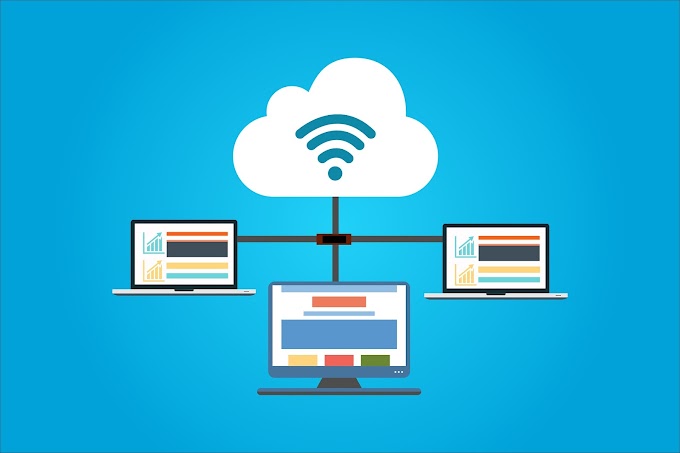Introduction to Coding
Coding
involves writing instructions using a programming language to create
software, applications, websites, and more. It's like giving commands to
a computer to perform specific tasks. By understanding the basics of
coding, you can bring your ideas to life and create technology that
solves real-world problems.
Choosing a Programming Language
There are various programming languages to choose from, each with its own strengths and purposes. Popular languages include Python, JavaScript, Java, C++, and Ruby. Consider your goals and the type of projects you want to work on when selecting a programming language.
Setting Up Your Development Environment
Before you start coding, you need to set up a development environment. This typically involves installing a code editor or integrated development environment (IDE) and configuring it to work with your chosen programming language. A good development environment provides tools and features that make coding more efficient.
Variables and Data Types
In programming, variables are used to store and manipulate data. They can hold different types of information such as numbers, text, and Boolean values. Understanding data types and how to work with variables is fundamental in coding.
Control Structures: Conditionals and Loops
Control structures allow you to control the flow of your program. Conditionals, such as if statements, enable your code to make decisions based on certain conditions. Loops, such as for and while loops, repeat a block of code until a certain condition is met. Mastering control structures gives you the power to create dynamic and interactive programs.
Functions and Methods
Functions and methods are reusable blocks of code that perform specific tasks. They allow you to break down your program into smaller, manageable parts. By using functions and methods, you can organize your code and make it more modular and efficient.
Arrays and Lists
Arrays and lists are data structures that allow you to store multiple values in a single variable. They provide a convenient way to work with collections of data. Understanding how to use arrays and lists is crucial for working with larger sets of information.
Object-Oriented Programming (OOP)
Object-Oriented Programming (OOP) is a programming paradigm that focuses on creating objects that encapsulate data and behaviors. OOP allows you to model real-world entities and relationships, making your code more organized and reusable. Learning OOP principles is essential for building complex software systems.
Debugging and Troubleshooting
Debugging is the process of identifying and fixing errors in your code. It involves using tools and techniques to locate and resolve issues. Learning how to debug effectively is a valuable skill that helps you become a more proficient coder.
Version Control
Version control systems, such as Git, help you track changes to your code over time. They enable collaboration with other developers, provide a safety net for your code, and allow you to revert back to previous versions if needed. Understanding version control is essential for working on larger projects and in a team environment.
Testing and Documentation
Testing your code ensures that it works as intended and helps identify any issues or bugs. Documentation is the process of writing clear explanations and instructions for your code. Both testing and documentation contribute to the reliability and maintainability of your software.
Building a Simple Project
To solidify your coding skills, it's important to apply what you've learned by building a simple project. Choose a small project idea and work through the process of designing, implementing, and testing it. This hands-on experience will enhance your understanding and boost your confidence as a programmer.
Resources for Further Learning
The world of coding is vast, and there's always more to learn. Here are some resources to continue your coding journey:
- Online coding tutorials and courses
- Coding books and eBooks
- Coding communities and forums
- Open-source projects to contribute to
- Coding bootcamps and workshops
Conclusion
Coding is an exciting skill that empowers you to create and innovate. By understanding the basics covered in this article, you're ready to embark on your coding journey. Remember to stay curious, practice regularly, and seek help when needed. Happy coding!
FAQs
- What programming language is best for beginners?
- How long does it take to learn coding?
- Can I learn coding on my own?
- What are the career opportunities for coders?
- Is coding difficult to learn?


.png)








0 Comments